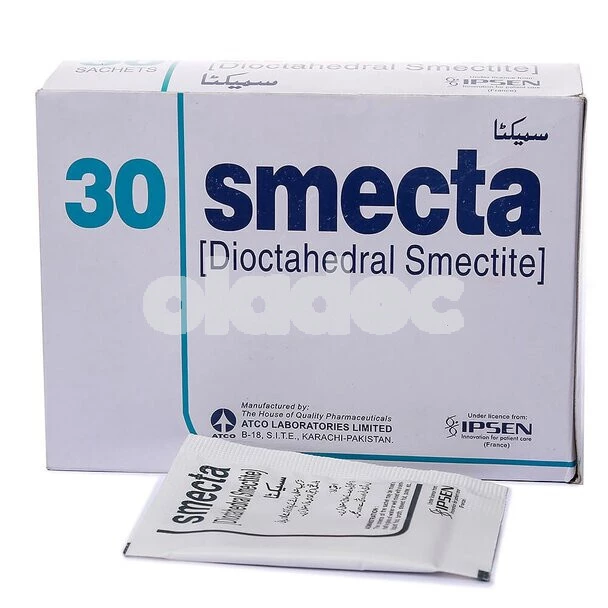With the advent of summer, comes the heat wave and the risk of heatstroke that last year killed at least 65 people in Karachi. According to the Pakistan Meteorological Department (PMD), a similar heat wave would grip Karachi this season too and would stay for a few days. The temperatures are expected to rise to 40 to 42 degrees Celsius, with 90-95 percent humidity. Let us look at the symptoms of heat stroke and how you can manage them:
Table of Contents
Heat stroke versus heat exhaustion:
Heat stroke begins as heat exhaustion, and if not managed within 30 minutes, it can morph into the fatal heat stroke. Heat exhaustion manifests as headache, cramps in arms and legs, excessive sweating, dizziness and confusion. Generally, the symptoms are the same in children and adults, but children can also become sleepy and floppy. In case of extreme symptoms, visit a general physician.
If someone is exhibiting the aforementioned signs, they should be immediately cooled down. Move them to a well-ventilated place, and raise their feet slightly. Get them to drink plenty of water or rehydration drinks like ORS. Cold packs can also help, as can, sponging with cool water (not cold water). If they are having a seizure, just move away from them and do not try to put anything in their mouth. Call an ambulance if the patient is not getting better.
To prevent heat stroke:
Because heat exhaustion can easily turn into heat stroke, it is best to take preventive measures. Cool baths and showers should be taken on hot days. Avoiding sun exposure between 11 am and 3 pm is also advisable when temperatures are running high. Moreover, the elderly and people with chronic conditions like diabetes, and heart problems are more prone to heat stroke, thus an eye should be kept on them.
Avoid excessive exertion or exercise in hot weather and take cool baths or showers to mitigate the heat. Sprinkling water on the clothes can also help dissipate the heat. Light coloured, and loose clothing should be worn in this weather, instead of tight dark clothing, to allow for sweating and dispersion of heat.
Wearing sunscreen, and using a wide-brimmed hat or cap can also protect the face and skin from the effects of heat and sun damage. If you don’t want to wear a hat, just cover your head with a cloth to protect your head from the impact of heat.
Drinking plenty of water will also help in the alleviation of heat in the body. If you were previously drinking 10 -12 glasses of water, then double this amount. Drink water even if you are not thirsty—it will have a protective effect on the body. Avoiding caffeine can also help prevent heat exhaustion. Caffeine causes vasoconstriction or narrowing of blood vessels. If blood vessels near the skin are constricted, it would be difficult to lose heat from the body. Thus cool drinks are preferable to hot ones, especially caffeinated drinks.
Protect yourself from dehydration and heat exhaustion this summer; visit your doctor regularly, and keep up with your check-ups. Book an appointment with top general physician in Lahore, Multan and Islamabad through oladoc.com, or call our helpline at 042-3890-0939 for assistance to find the RIGHT professional for your concerns.






